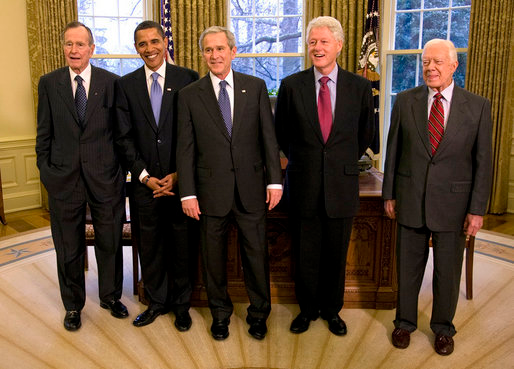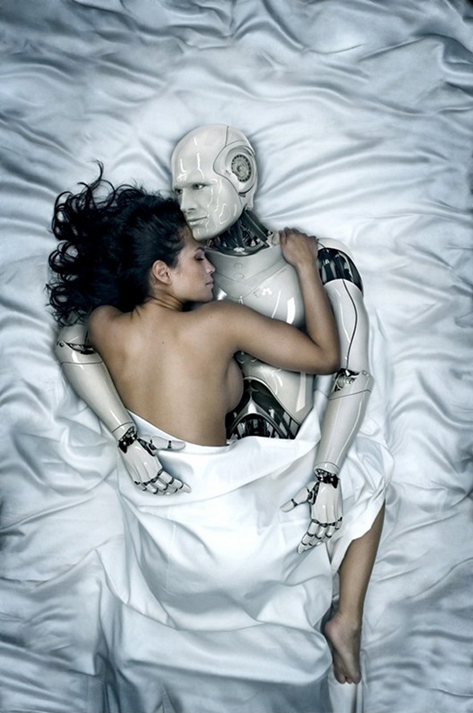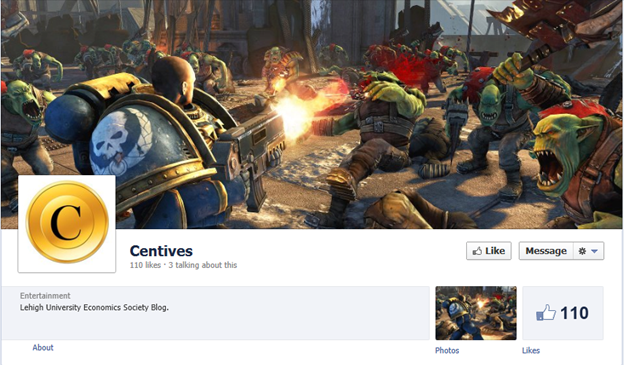The History of Sealand
April 14, 2012 in Daily Bulletin

The Principality of Sealand is a small sea fort, ten kilometers from the coast of England that claims itself to be an independent sovereign state. Frank Jacobs took a look at the history of the micronation, highlights include:
- At one point Sealand sold titles such as “Lord” and “Lady” online for as little as £29.99
- Wikileaks considered moving its servers there to protect itself from legal action.
- A German tried to lead a coup and take over while the Prince and Princess were away on business. He was captured creating a minor diplomatic incident. England refused to get involved since it was outside its territory and Germany was forced to send an emissary to retrieve its citizen. Sealand took the visit by a German diplomat as a sign of recognition of its sovereignty.
- The current ruling Prince and Princess have retired to Spain. The nation is overseen by a caretaker.
To read more about how the United Nations made things difficult for Sealand, how the Prince retook his country after the coup attempt against him, and how the nation started off as a platform for a pirate radio, click here.
Source: The New York Times
Via: Marginal Revolution









Join the Discussion! (No Signup Required)